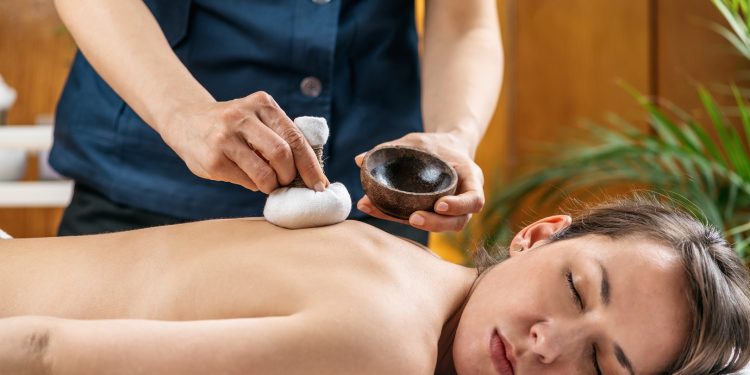Introduction
Ayurveda, the ancient Indian system of medicine, offers a holistic approach to health and well-being that has been cherished for centuries. In recent times, there has been a renewed interest in Ayurveda, especially concerning women’s health. The principles of Ayurveda focus on creating balance and harmony within the body, mind, and spirit. In this article, we delve into how Ayurveda can empower women to achieve and maintain their well-being, addressing various aspects of health unique to women.
1.Understanding Prakriti: Individual Body Constitution
According to Ayurveda, each person has a unique combination of three doshas: Vata, Pitta, and Kapha. These doshas govern various physiological and psychological functions in the body. Understanding one’s Prakriti, or individual body constitution, is fundamental in Ayurveda. By knowing their dominant dosha, women can make lifestyle and dietary choices that promote balance and prevent health imbalances. Ayurvedic practitioners can assess an individual’s Prakriti and offer personalized recommendations for diet, exercise, and self-care practices.
2. Menstrual Health and Hormonal Balance
Ayurveda recognizes the significance of a regular menstrual cycle and its connection to overall well-being. The menstrual cycle is seen as a reflection of a woman’s hormonal balance. Ayurvedic therapies, dietary adjustments, and specific herbs can support menstrual regularity and alleviate discomfort during menstruation. By addressing the root cause of hormonal imbalances, Ayurveda helps women achieve better menstrual health and supports their journey through different life stages.
3. Pregnancy and Postpartum Care
Ayurveda places tremendous emphasis on caring for women during pregnancy and postpartum. Specialized prenatal care, including a nourishing diet, gentle exercises, and prenatal massages, can contribute to a healthy pregnancy. Ayurvedic postpartum care focuses on rejuvenation and recovery, with practices like Abhyanga (oil massage) and Sitz baths to aid healing. These traditional postpartum practices not only support physical recovery but also nurture the mental and emotional well-being of new mothers.
4. Managing Menopause with Grace
Menopause is a natural transition in a woman’s life, signifying the end of the reproductive phase. Ayurveda views menopause as a time when the body undergoes significant changes. During this phase, specific Ayurvedic herbs and therapies can help manage symptoms like hot flashes, mood swings, and sleep disturbances. Ayurveda also emphasizes the importance of emotional support and self-care during menopause, helping women embrace this transformative stage with grace and positivity.
5. Stress Management for Women
Women often juggle multiple roles, which can lead to stress and burnout. Ayurveda offers various relaxation techniques and herbal remedies to combat stress and promote emotional well-being. Practices like meditation, yoga, and Shirodhara (a soothing therapy where warm oil is poured on the forehead) are known to calm the mind and reduce stress hormones. By managing stress effectively, women can safeguard their mental health and maintain overall vitality.
6. Ayurvedic Skincare and Beauty Rituals
Ayurveda advocates the use of natural ingredients for skincare to enhance beauty while nurturing the skin. Herbal face masks, facial oils, and gentle cleansers cater to individual skin types, promoting a radiant complexion. Additionally, Ayurvedic beauty rituals encourage self-love and self-acceptance, recognizing that true beauty emanates from within.
Conclusion
Ayurveda’s approach to women’s health extends beyond mere treatment of symptoms; it strives to establish a state of balance and harmony in every aspect of a woman’s life. By embracing Ayurveda, women can gain profound insights into their bodies, make informed choices, and take charge of their well-being. Whether it’s addressing hormonal imbalances, navigating through different life stages, managing stress, or nurturing the skin, Ayurveda offers a comprehensive toolkit for women to live in balance and harmony.
As with any medical system, it is essential to consult qualified Ayurvedic practitioners for personalized guidance and treatment. By blending traditional wisdom with modern knowledge, women can truly experience the transformative power of Ayurveda and embark on a journey of well-being that lasts a lifetime.











Discussion about this post